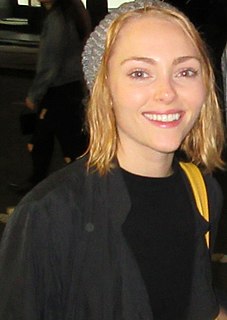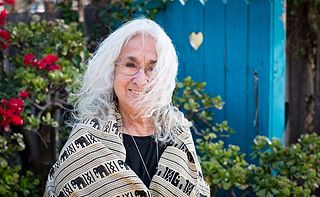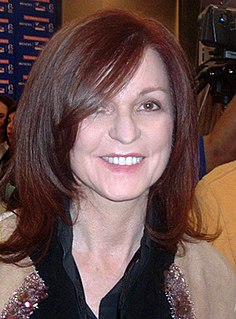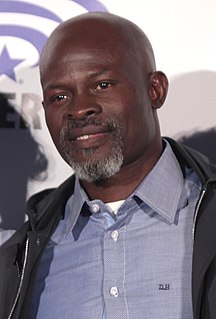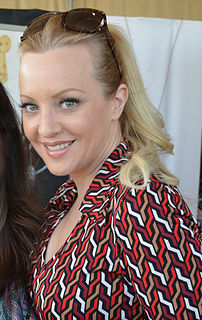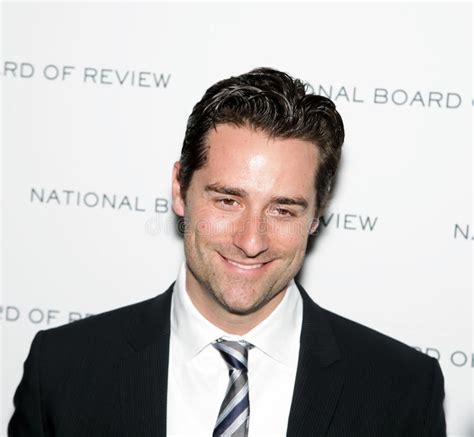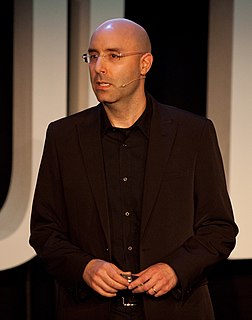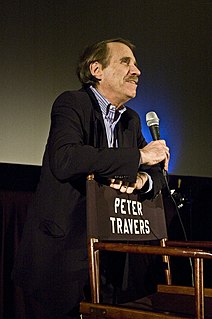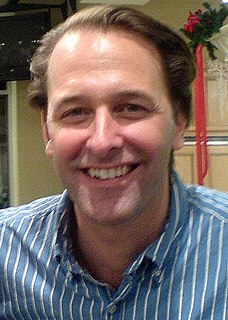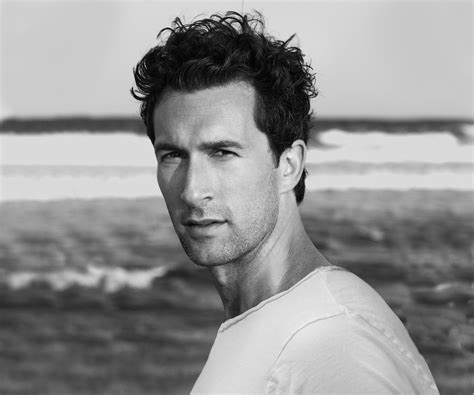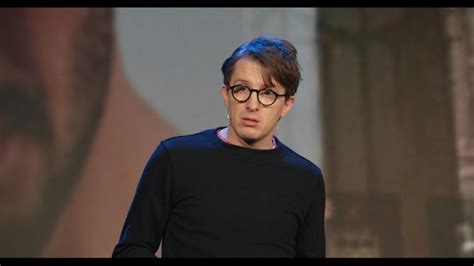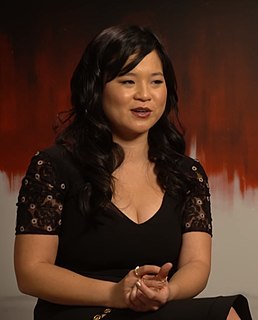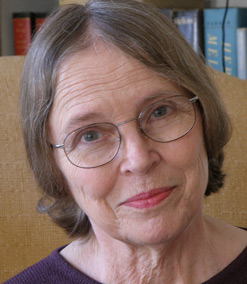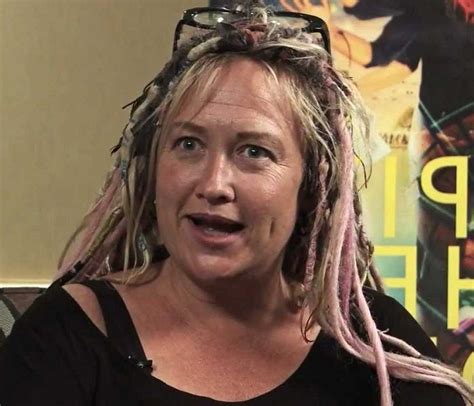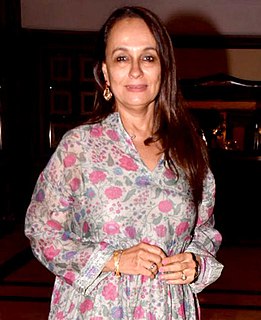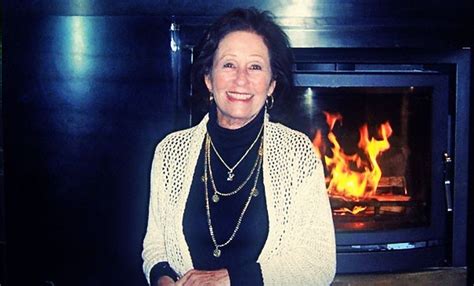Top 1200 Inventing Stories Quotes & Sayings - Page 17
Explore popular Inventing Stories quotes.
Last updated on April 21, 2025.
So welcome 'Damsels in Distress,' an exhilarating gift of a comedy about college, the female intellect, the limitless male ego, inventing a new dance, and suicide prevention... This is the world as Stillman sees it, and to luxuriate for two hours in that retro bubble of sparkling wit is a pleasure not to be missed.
I have found that the person with a sense of story built in from childhood is in better shape than one who has not had stories . . One knows what stories can do, how they can make up worlds and transpose existence into these worlds. . . .One learns that worlds are made by words and not only by hammers and wires.
This kingdom of God life is not a matter of waking up each morning with a list of chores or an agenda to be tended to, left on our bedside table by the Holy Spirit for us while we slept. We wake up already immersed in a large story of creation and covenant, of Israel and Jesus, the story of Jesus and the stories that Jesus told. We let ourselves be formed by these formative stories, and especially as we listen to the stories that Jesus tells, get a feel for the way he does it, the way he talks, the way he treats people, the Jesus way.



